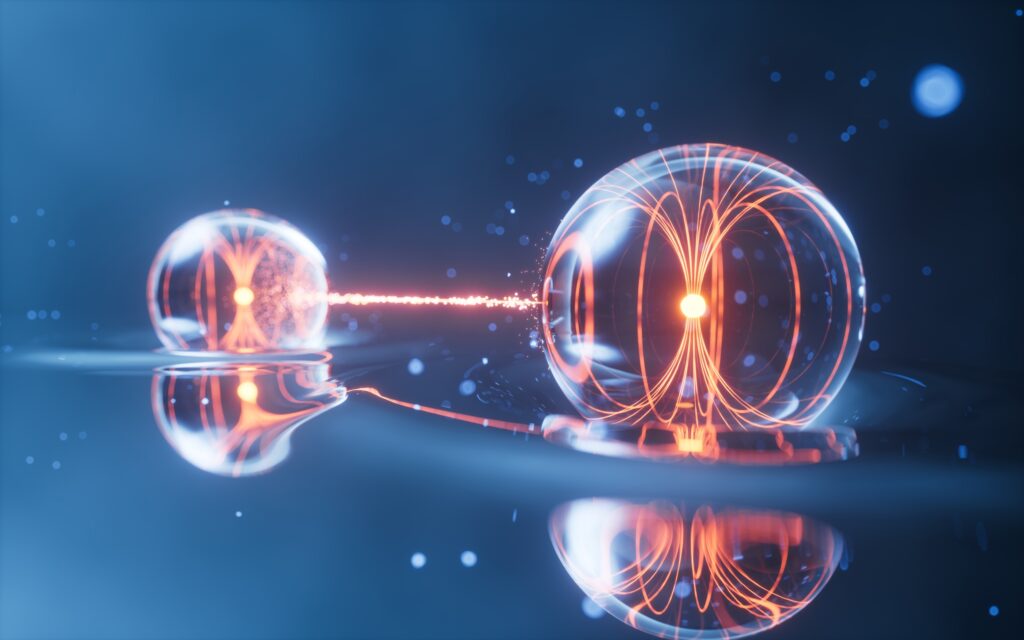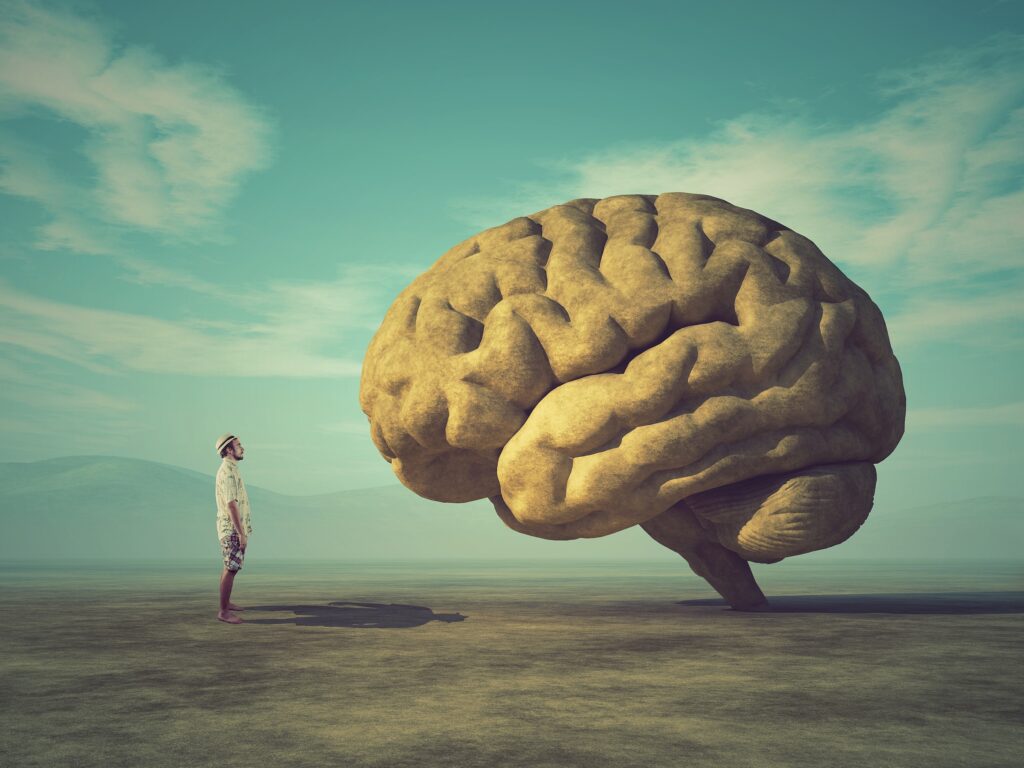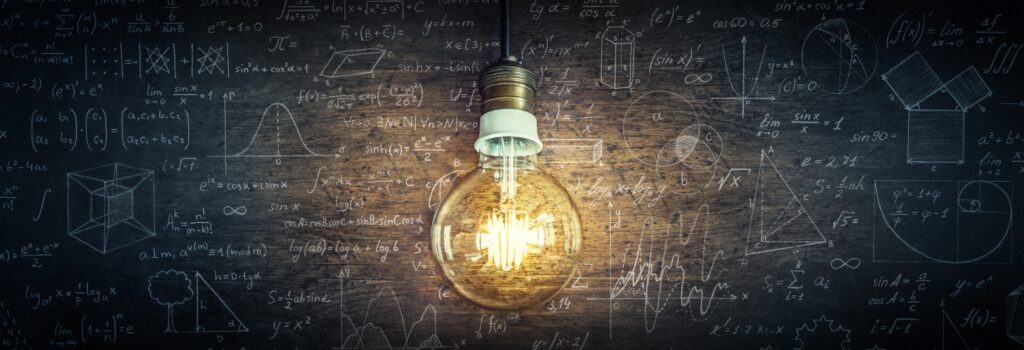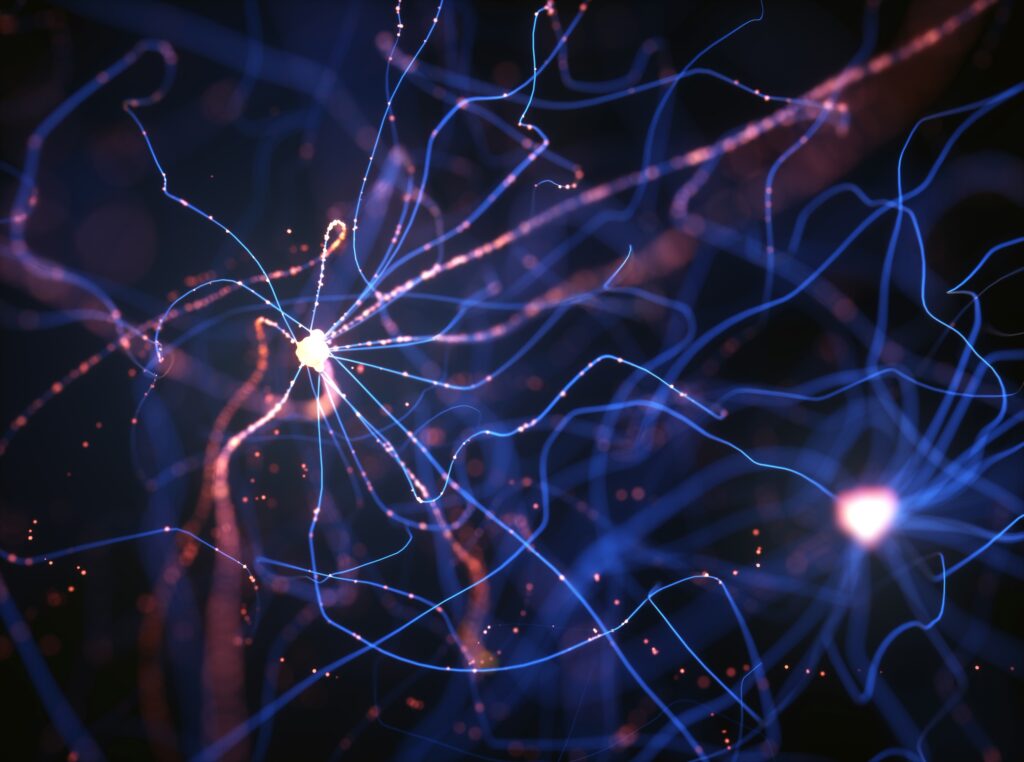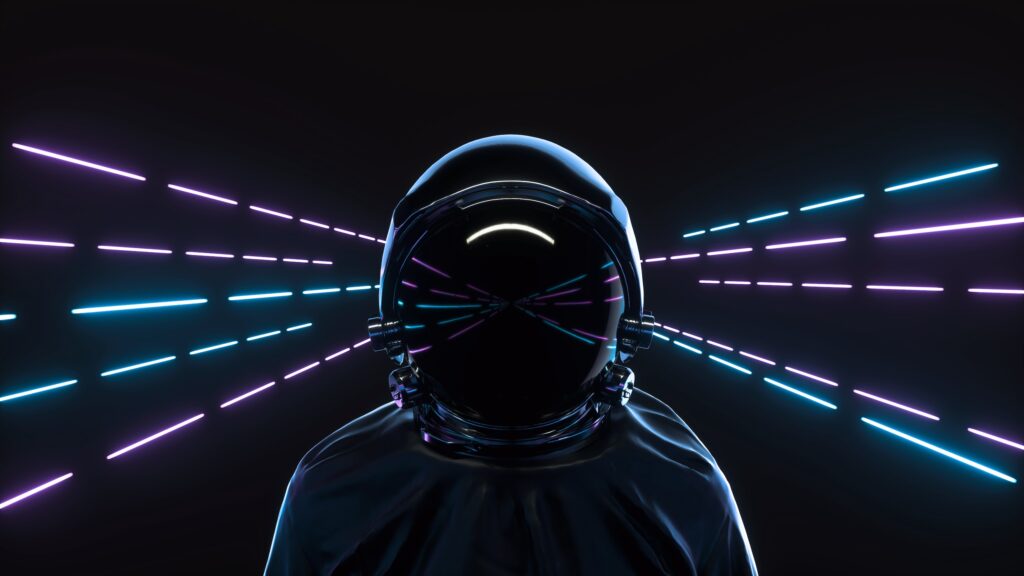Announcing ‘The Science of Consciousness’ online conference, 2021
Debating | Consciousness
![]() Prof. dr. Sarah Durston | 2021-10-03
Prof. dr. Sarah Durston | 2021-10-03
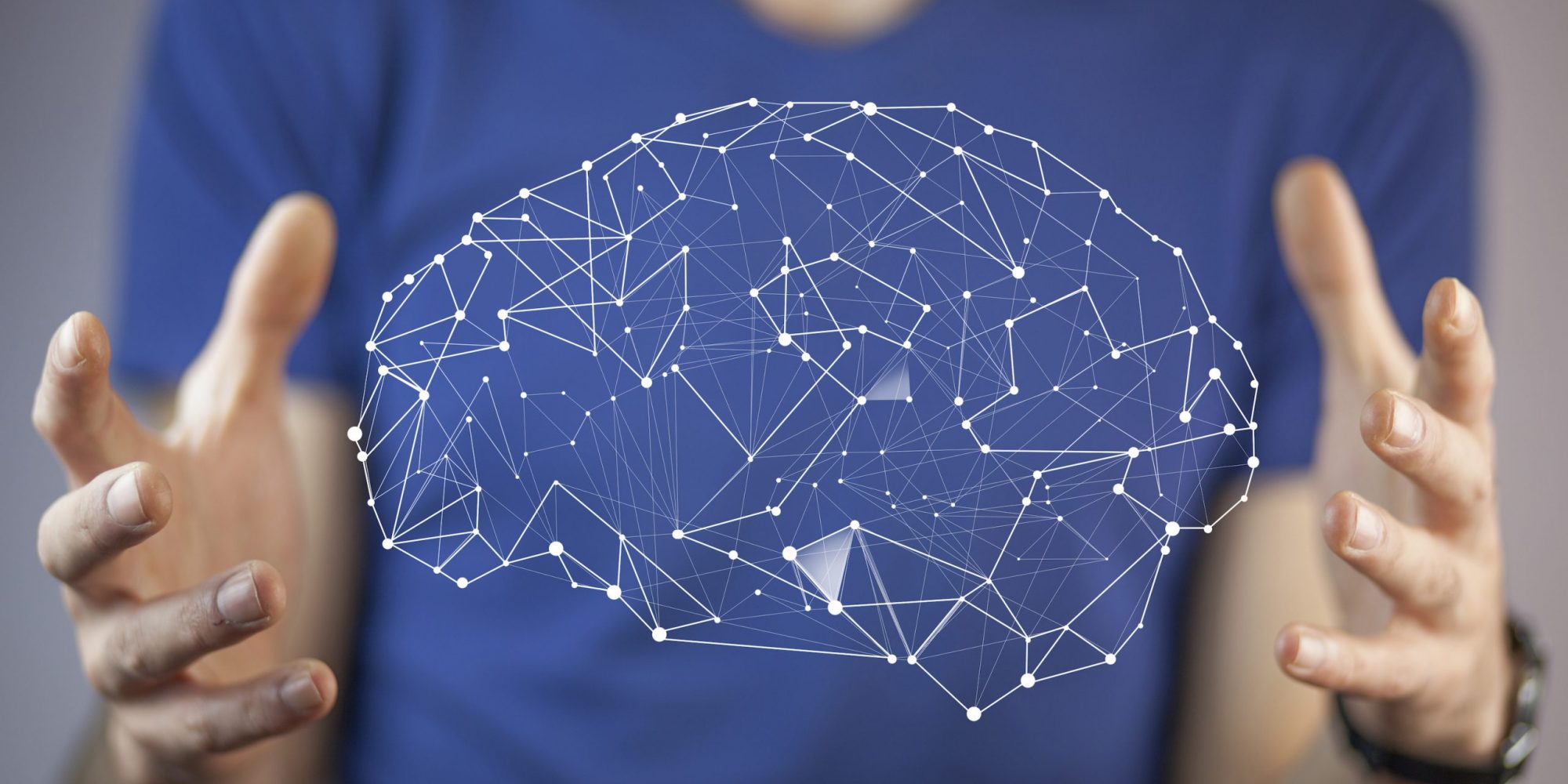
Every year Essentia Foundation organizes an online conference featuring some of the world’s leading scholars, scientists and academics, on a topic relevant to ontological idealism. This year, we are delighted to focus on The Science of Consciousness, in a very special edition of the conference organized by Prof. dr. Sarah Durston. We’re even more delighted to count as our partners, this time, the Sentience and Science Foundation and the Institute for Advanced Study of the University of Amsterdam.
One of the greatest questions we face is the nature of consciousness. Currently, the most widely accepted scientific framework is materialism: the idea that the world around us and everything in it, including ourselves, arises from the interplay of underlying material substances. Within this framework, consciousness is the result of brain processes. Yet, materialist neuroscience has not yet been able to pinpoint consciousness in the brain. Furthermore, the materialist framework does not explain the phenomenon of subjective experience and leaves no room for human values, including meaning, compassion and humanity. At this conference, we will explore different metaphysical frameworks that include materialism, but also alternatives such as idealism, which may contradict or complement materialism.
The Conference will take place on November 2nd and 4th 2021, online, from 2:00 to 5:00 PM CET. Each session will include presentations by renowned speakers and a panel session, with opportunity for questions from, and debate with, the audience.
Program
November 2nd
17:00 End
November 4th
15:10 Higher Dimensions of Consciousness?
Dr. Jacob Jolij, author and lecturer at Groningen University
16:20 Panel Discussion
17:00 End
We will be publishing the videos of the conference over the next few weeks. After each publication, we will link the video to the respective agenda entry above.

Essentia Foundation communicates, in an accessible but rigorous manner, the latest results in science and philosophy that point to the mental nature of reality. We are committed to strict, academic-level curation of the material we publish.
Recently published
Reading
Essays
Seeing
Videos
Let us build the future of our culture together
Essentia Foundation is a registered non-profit committed to making its content as accessible as possible. Therefore, we depend on contributions from people like you to continue to do our work. There are many ways to contribute.














